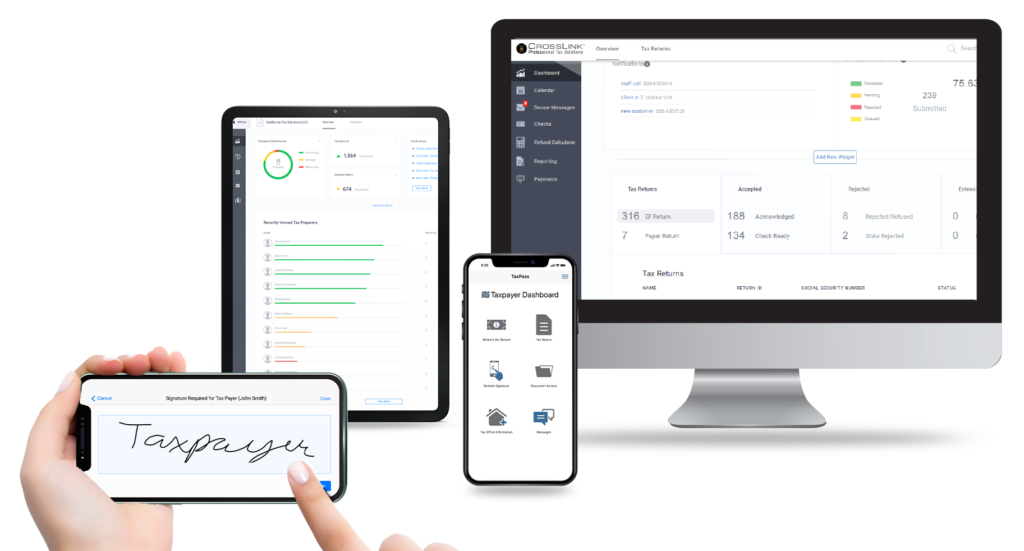In today’s digital era, tax professionals are prime targets for cybercriminals. With sophisticated schemes lurking around every corner, it’s crucial for tax experts to stay alert and informed about the latest threats in their field.
Let’s dive into three prevalent scams that tax professionals should be wary of:
Scam Alert 1: Deceptive EFIN Verification Requests
Picture this scenario: You receive an email claiming to be from your tax software provider, asking you to verify your Electronic Filing Identification Number (EFIN). The email seems urgent, citing missing records or incomplete information. They even provide instructions on how to obtain EFIN documentation from the IRS e-Services site. But here’s the catch: They want you to fax over your sensitive info to a suspicious US-based number. Watch out for discrepancies in the wording and any foreign language footers, as these are red flags indicating a scam.
See IRS News Release IR-2024-36 (February 8, 2024) – https://www.irs.gov/newsroom/irs-warns-tax-professionals-to-be-aware-of-efin-scam-email-special-webinars-offered-next-week
Scam Alert 2: Lemon Group’s Android Hack
Lemon Group, a cybercrime enterprise, is infecting millions of Android devices worldwide with a sneaky malware called Guerrilla. This malware turns smartphones into cyberweapons, stealing SMS messages, social media accounts, and more, putting sensitive information at risk. The malware can even hijack WhatsApp sessions and display intrusive advertisements.
Scam Alert 3: New Client Email Schemes
The IRS and Security Summit partners have issued a warning about a surge in new client email scams targeting tax professionals. Cybercriminals impersonate real taxpayers seeking tax assistance, using emails to obtain sensitive information or access to tax professionals’ client data. These scams peak during tax season, so exercise caution. Look out for suspicious emails posing as potential clients, particularly those containing malicious links or attachments.
To protect against these threats, tax professionals should:
- Stay Vigilant: Scrutinize all communication requesting sensitive information, especially via email or unfamiliar channels.
- Verify Requests: Authenticate requests for documentation by contacting software providers directly through verified channels.
- Stay Informed: Keep up with evolving cyber threats and educate staff members about potential scams.
- Secure Devices: Implement robust security measures on all devices to prevent unauthorized access and malware infections.
Additionally, tax professionals using CrossLink professional tax software benefit from enhanced security features, including:
- Multi-Factor Authentication: Logging into the software utilizes multi-factor authentication, adding an extra layer of security to prevent unauthorized access.
- Automatic Logout: With both CrossLink Online and CrossLink Desktop (including Hosted), users are logged out automatically after a certain period of inactivity, reducing the risk of unauthorized access in case of device loss or theft. In addition, CrossLink Online only allows one session at a time per login.
- TaxPass: Our TaxPass feature allows for secure 1-to-1 client communication and file sharing directly with the tax preparer. Files sent through TaxPass go directly into the tax software, ensuring a higher level of security compared to email.
- Remote Signature: CrossLink offers taxpayers the ability to sign their return from any location. We use multiple verification points for remote signatures and remote document requests to validate taxpayer identification.
- Return Encryption and SSN Masking – In the event a taxpayer requests to have their return emailed to them, CrossLink has the ability to encrypt the return (and other documents) for enhanced security. Additionally, when printing returns, CrossLink users can choose to mask PTINs, EINs, and SSNs (SSNs can also be masked on-screen).
By taking proactive measures and leveraging our software’s advanced security features, tax professionals can defend against fraudulent activities and safeguard both their clients’ data and their professional reputation. Remember, staying vigilant is the key to staying secure in the digital landscape.
See the following on the IRS website to keep up-to-date on existing and emerging schemes:
- IRS News Release IR-2024-05(Jan. 9, 2024) – IRS, Security Summit partners warn of surge in “new client” scams aimed at tax pros
- Tax Scams/Consumer Alerts page
- Protect Your Clients; Protect Yourself page

CrossLink Professional Tax Solutions
CrossLink is the industry’s leading professional tax software solution for high-volume tax businesses. Built based on the needs of busy tax offices and mobile tax preparers that specialize in providing their taxpayer clients with fast and accurate tax returns, CrossLink has been a trusted software solution since 1989. CrossLink’s in-depth tax calculations, advanced technological features, and paperless solutions allow you to prepare the most complicated tax returns with confidence and ease while providing your customers with an unparalleled experience.


